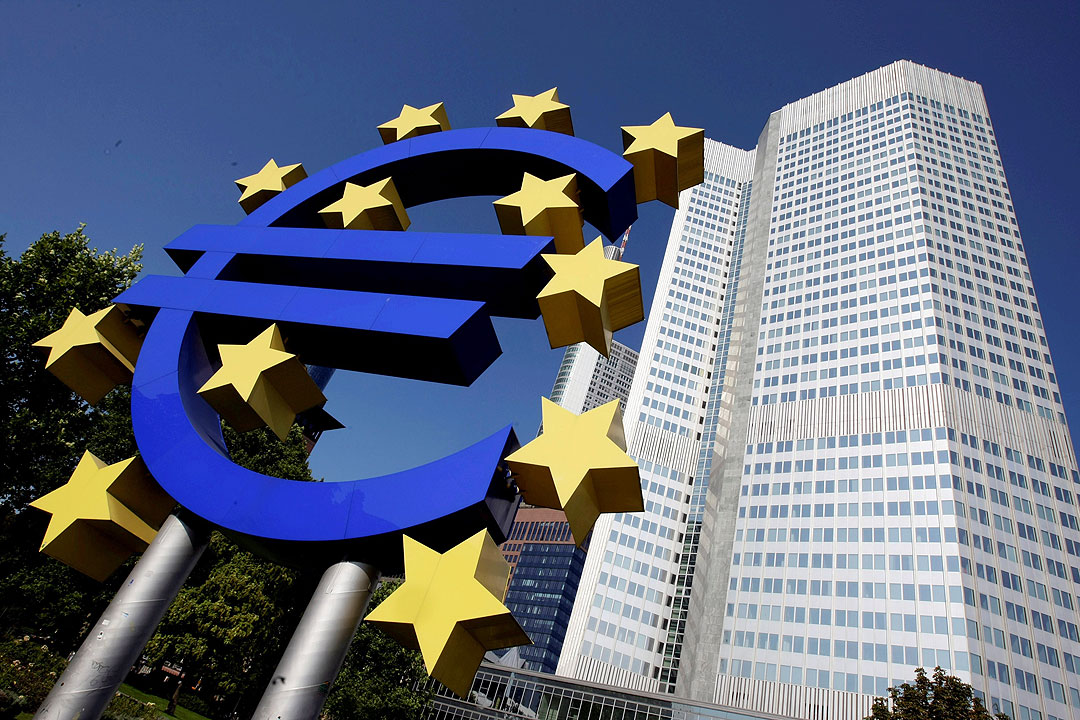ECB to raise rates again and face questions about future path

FRANKFURT – The European Central Bank is set to raise interest rates again on Thursday and pencil in more hikes for the next few months, with the only open question being how big these will be.
The ECB has been increasing rates at a record pace to fight a sudden bout of high inflation in the euro zone – the byproduct of factors including the aftermath of the COVID-19 pandemic and an energy crisis that followed Russia’s invasion of Ukraine.
The central bank for the 20 countries that share the euro is seen raising its deposit rate by another half a percentage point to 2.5% on Thursday, in line with what it said in December.
This would take the rate the ECB pays on bank deposits to the highest level since November 2008, after a steady climb from a record low of -0.5% in July.
But ECB President Christine Lagarde is certain to face questions about smaller rises from next month after the US Federal Reserve slowed the pace of its own hikes on Wednesday and some data pointed to a bleaker outlook for the euro zone.
So far Lagarde has pushed back on any suggestion that the ECB is relenting in its fight against inflation and investors generally expect her and her policymaking colleagues to reaffirm that line on Thursday.
“We suspect the ECB will reiterate its hawkish message in February as there are still uncertainties regarding underlying inflationary pressures and a change of tone would undermine the ECB‘s credibility,” Annalisa Piazza, a fixed-income research analyst at MFS Investment Management, said.
The ECB said in December that rates would be increased “at a steady pace” until it is happy inflation is heading back down to its 2% target.
But that guidance is now proving a source of contention within the Governing Council.
Policy hawks who favor higher rates, such as the Netherlands’ Klaas Knot, Slovakia’s Peter Kazimir and Slovenia’s Bostjan Vasle, have explicitly called for further 50-basis-point hikes in both February and March.
But doves like Greece’s Yannis Stournaras and Italian board member Fabio Panetta have argued for smaller moves, or at least for the ECB to refrain from making commitments for March.
This tension may result in a compromise on the language, as happened in December, whereby the ECB makes the size of its next rate hike dependent on incoming data, analysts said.
“This week the doves will ensure Lagarde’s signal of another 50 bp in March is conditional,” Jim Reid, head of global fundamental credit strategy at Deutsche Bank, said.
BNP Paribas also thought the ECB might take out the reference to a “steady pace” of rate hikes or offset it so that a 50-basis-point increase would be “not predetermined (but) still a possible outcome”.
MURKY OUTLOOK
Recent economic data has painted a mixed picture.
Headline inflation has been in rapid decline since peaking at a record 10.6% in October but core prices, which exclude volatile items such as food and fuel, have been rising at a steady or accelerating pace.
The euro zone unexpectedly eked out growth in the final three months of 2022 but this was largely due to an exceptionally mild winter and a stellar performance by Ireland.
And an ECB survey showed banks were tightening access to credit by the most since the 2011 debt crisis – usually the harbinger of lower growth and slowing inflation.
To some observers, this meant the ECB would be wise not to commit to any future policy move.
“In an environment with so many exogenous influences, forward guidance would be a recipe for disappointments that could ultimately weigh on the credibility of the ECB,” Karsten Junius, chief economist at J.Safra Sarasin, said.
Financial markets expect the ECB‘s deposit rate to peak at 3.5% by the summer, which would be the highest level since the turn of the century.
The ECB is also set to reveal how exactly it plans to reduce the multi-trillion euro stock of bonds on its balance sheet, unwinding some of the asset purchases it made to boost inflation during almost a decade when it was too low.
Barclays analysts estimate that 60 billion euros worth of maturing bonds the ECB will not replace between March and June will be split roughly evenly between government bonds and other debt, comprising corporate and covered bonds as well as asset-backed securities. – Reuters
